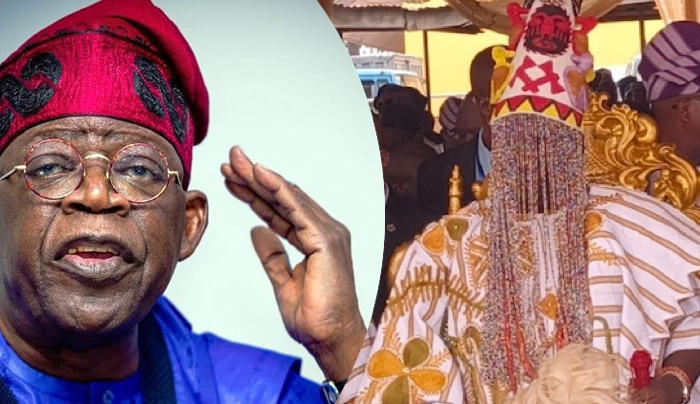The State Judge Angelo Foglietta has announced that he would not immediately proceed with a lawsuit aiming to halt billionaire Elon Musk’s $1 million voter giveaway, which has garnered significant controversy in the lead-up to the Nov. 5 US Presidential election.
The decision delayed further action on the suit while a federal court considers whether it will take up the case.
Judge Foglietta’s ruling grants Musk, who has pledged significant financial support to Republican presidential candidate Donald Trump, additional time to continue the giveaway without interference until at least after Tuesday’s election. Musk did not attend the hearing despite an earlier court order to appear.
Philadelphia District Attorney Larry Krasner filed the suit on Oct. 28, seeking to stop the giveaway less than a week before the closely contested presidential race between Trump and Democratic nominee Kamala Harris.
Krasner, known for his progressive stance as district attorney, accuses Musk and his political action committee, America PAC, of orchestrating an “illegal lottery scheme to influence voters.”
“This is a case that involves state law issues,” John Summers, a prosecutor representing Krasner, told reporters outside the courtroom, emphasising his intention to have the matter returned to state court.
The lawsuit contends that Musk’s giveaway, in which $1 million checks are awarded to randomly selected individuals who sign a petition pledging support for free speech and gun rights, violates state consumer protection laws by using deceptive language.
The offer is limited to registered voters in Arizona, Georgia, Michigan, Nevada, North Carolina, Pennsylvania, and Wisconsin—all considered critical battleground states. Musk had already distributed the first $1 million prize on Oct. 19 at an America PAC rally in Harrisburg, Pennsylvania’s capital.
In response to the ongoing legal dispute, Musk posted, “American Justice FTW” on his social media platform, X, using the abbreviation for “for the win.” His legal team, led by attorney Matthew Haverstick, argued in court filings that the lawsuit raises fundamental questions of free speech and election interference that belong in federal jurisdiction.
“Mr. Musk was named as a defendant as a publicity stunt,” said Haverstick, who contended that America PAC should be the sole defendant in the case. “They’re turning this into a circus atmosphere,” he added, insisting that Musk should not be required to attend hearings.
Krasner’s legal team argued, however, that Musk could easily make an appearance if he were inclined to. Judge Foglietta drew laughter in the courtroom when he added, “He’s not going to get in a rocket ship and take it to Philadelphia—let’s be serious here.”
According to Krasner’s office, Musk and America PAC have yet to provide transparent rules for the giveaway or clarify how they intend to protect voters’ personal information.
The lawsuit also asserts that recipients of Musk’s money are “not actually chosen at random,” referencing reports of two winners who had attended Trump rallies.
Legal experts are divided over whether Musk’s giveaway might violate federal laws prohibiting payments to voters in exchange for their registration or participation.
Although Krasner’s lawsuit does not claim any federal law violations, media reports indicate that the US Department of Justice has privately cautioned America PAC that the giveaway could be legally questionable. Federal prosecutors, however, have not taken any formal action.
The case underscores Musk’s growing political involvement; he has reportedly donated nearly $120 million to America PAC, which has been actively engaged in mobilising Trump supporters.
Musk’s support for Trump has been particularly visible on his platform X, where researchers recently identified an increase in election misinformation.
Follow us on:

















